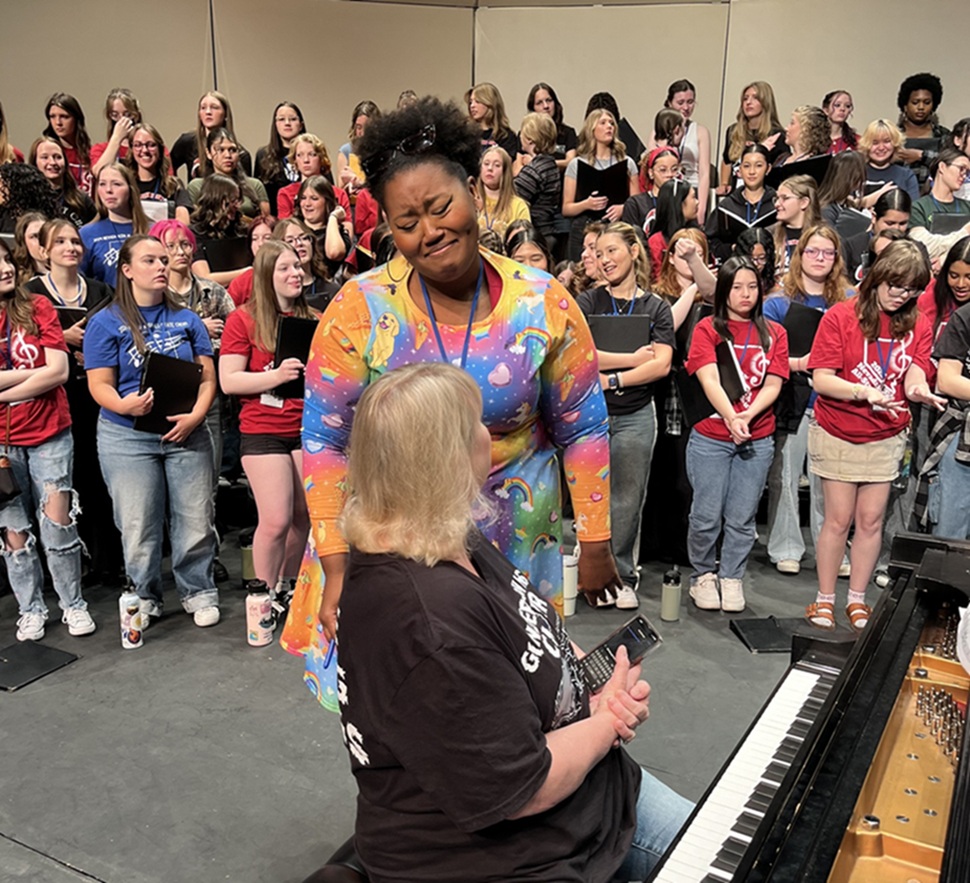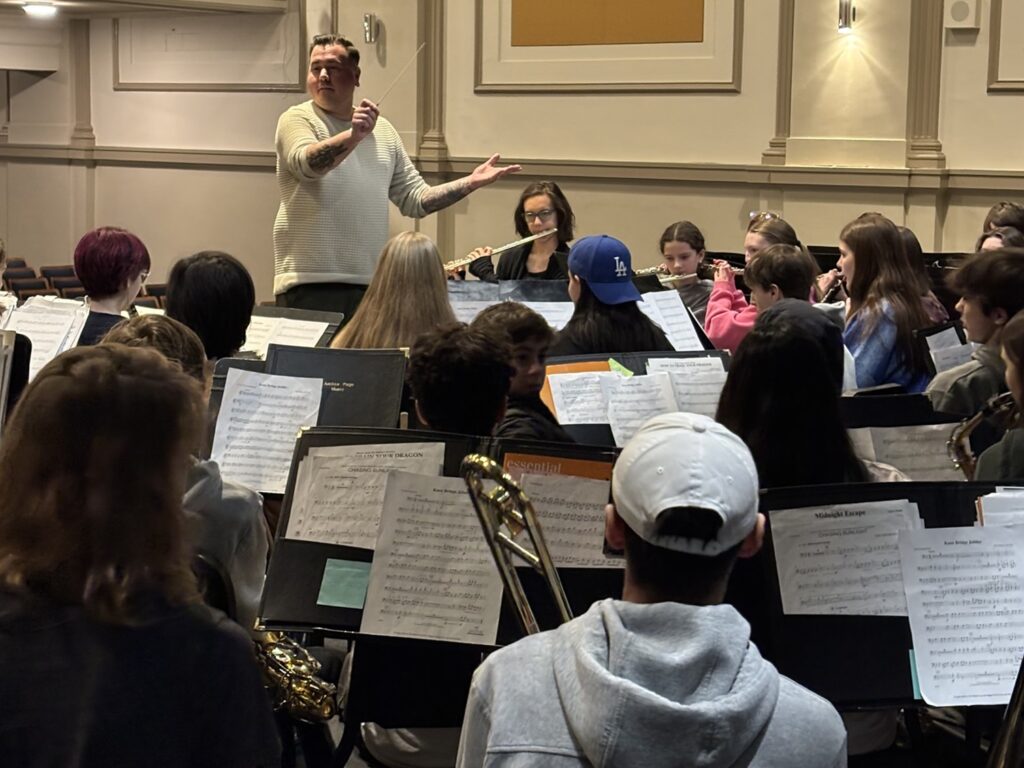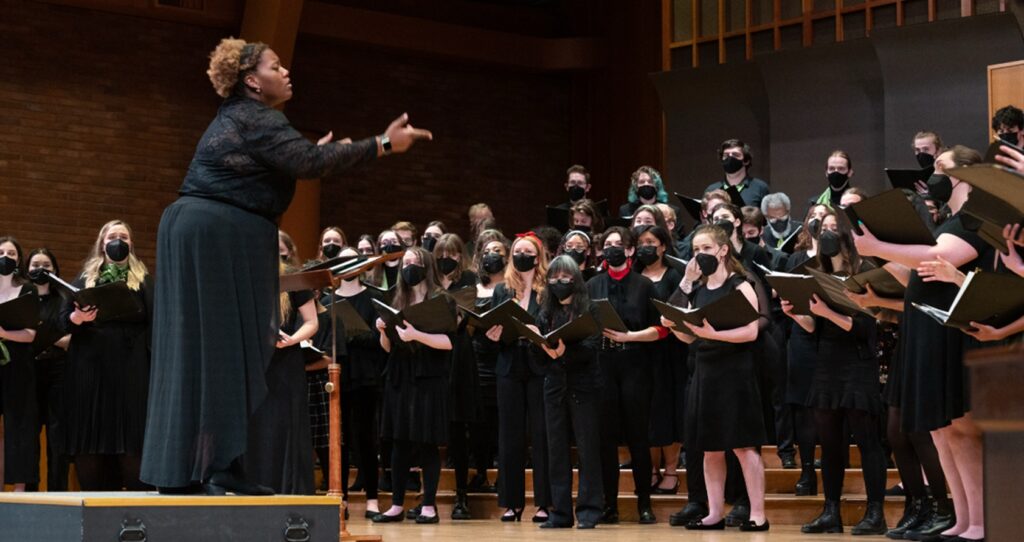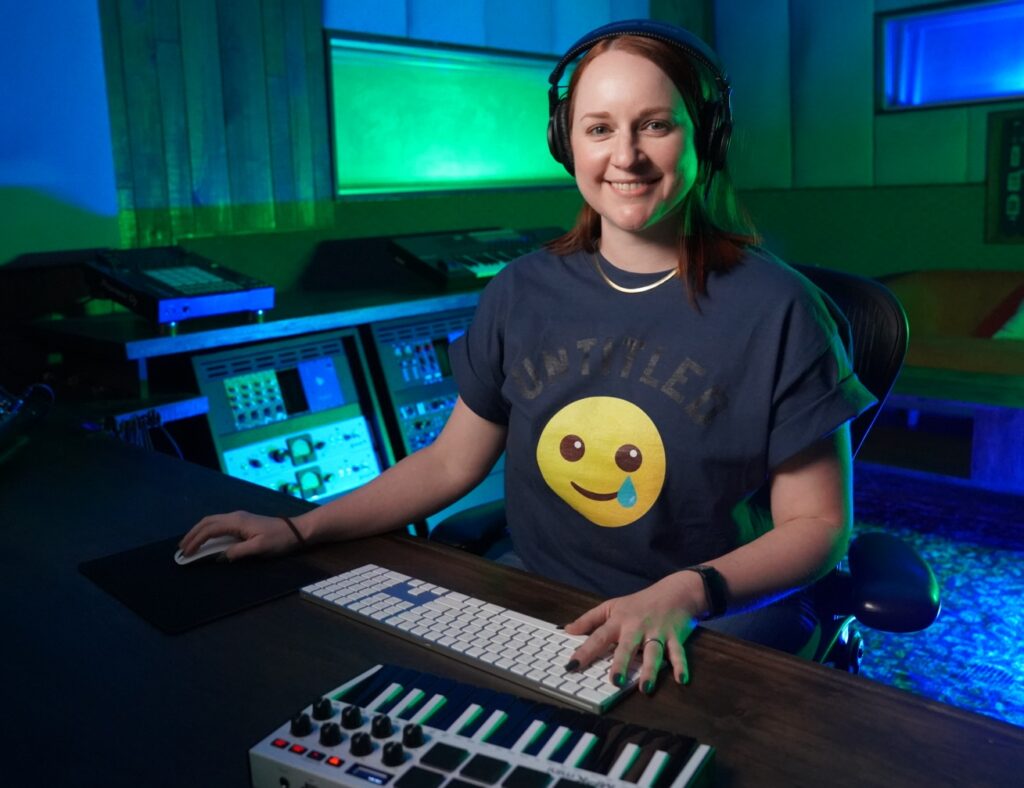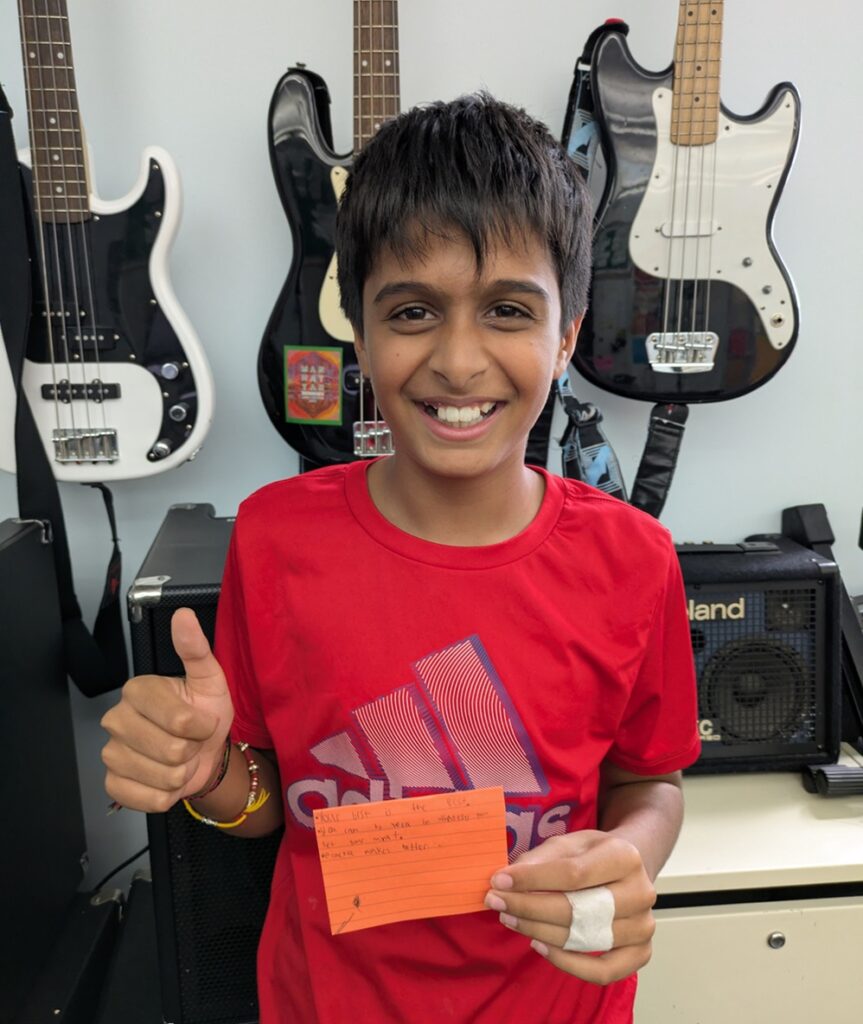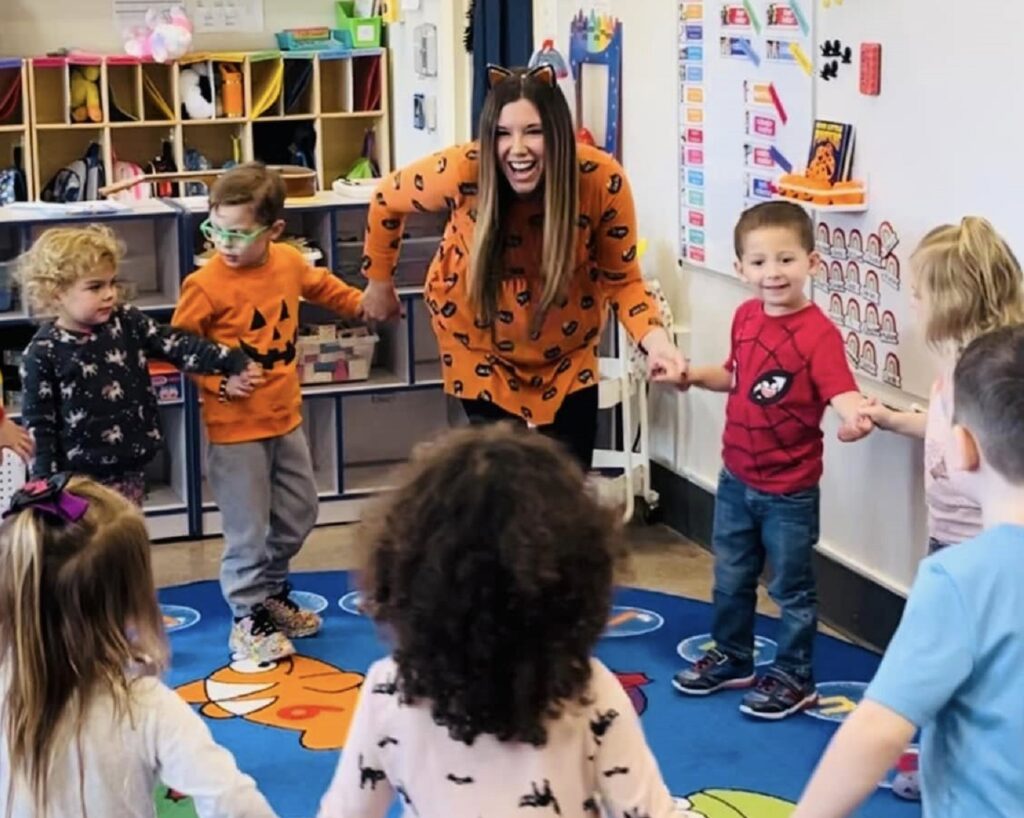Side Hustles for Music Teachers
Do you need to supplement your income or an outlet for your creativity? Consider trying one of these side gigs!
Teaching music is extremely gratifying; but sometimes, unexpected circumstances arise, and we need to supplement our income. If you’re looking for relevant side hustles or summer gigs, consider the following list of ideas related to the creative and performing arts!
Etsy
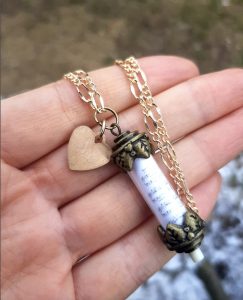 Those of us who teach elementary music are often skilled at making handmade crafts, so why not put our talent to use? From sheet music plaques to music-themed throw pillows and jewelry, the ideas are endless. Plus, making handmade items for other music lovers is extremely gratifying.
Those of us who teach elementary music are often skilled at making handmade crafts, so why not put our talent to use? From sheet music plaques to music-themed throw pillows and jewelry, the ideas are endless. Plus, making handmade items for other music lovers is extremely gratifying.
I began my Etsy shop in 2018 and have made almost 2,000 sales. Making custom music jewelry was one of my favorite summer gigs as an elementary music teacher. It gave me such satisfaction to be able to make a themed piece with someone’s favorite song. Later, I branched out to other items, including the occasional refurbished instrument.
Etsy is a great side gig for teachers, which is why it’s first on my list. If you’re too busy to keep up with your shop during your busiest times of the school year, you can just put your shop on vacation mode or deactivate your listings until you’re ready again. All you need is a bank account to get started.
THE YAMAHA EDUCATOR NEWSLETTER: Sign up to receive real-world advice, tips and instrument guides!
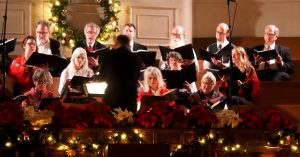 Church Musician
Church Musician
Many large churches have paid worship bands, and sometimes even paid choir members. A friend of mine just joined a local church choir in Toledo and is making some extra cash doing what he loves: singing.
Instrumentalists such as flutists, pianists, organists, bassists and drummers are often needed for worship groups. My first experience as a church musician was during college. One of my professors needed a flutist and oboist to supplement a special piece that his choir was doing. I remember someone giving me grief for taking on the gig for “only $50,” but for an hour’s worth of work, it ended up being a great weekend side hustle. Plus, playing with other musicians is a rare treat. Oftentimes, music teachers only get to play in ensembles during conventions.
Teaching Private Lessons
Teaching private lessons is a really easy way to expand your role as a music educator. A bonus is that you learn new things about teaching when you’re in a one-on-one setting than when you’re in front of a class. I find one-on-one lessons very refreshing because you get to really know your students.
Private lessons can be a bit difficult to figure out logistically, though. For example, do you teach students in your home, in a store or after school? There are no right or wrong answers here, but make sure to draft up a formal lesson contract detailing all your expectations and safety procedures before the day of the lesson. I recommend doing in-home lessons only with close friends and family members. Having students and folks you don’t know inside your home can complicate things.
Find the most professional setup you can. If you are involved in a church band, you may be able to use a room in the worship space to conduct lessons, for a small room rental fee.
An Excuse to Try Something New!
If you want to try something different, learn another instrument by yourself, or better yet, from another music educator. Then, once you’ve advanced enough, try teaching it privately. I’ve found that learning sought-after instruments like the bass and drum kit provide a much-needed break from playing the classical flute. This is a great way to expand your skillset, teach more and supplement your paychecks.
Check out Freelancing Sites
Upwork and Fiverr are two large freelancing sites that have a lot of music- and education-related tasks. Music teachers are often skilled in a number of areas, such as music editing, production and more. So far, I’ve done writing for a music software company, reviewed instruments, edited kids’ books and produced a song that was presented with a lesson plan at an educational conference.
With Upwork, you bid on gigs, whereas on Fiverr, you post your price, and clients come to you.
Music Reviews / Press
A year ago, on a whim, I reached out to a local music press company, Little Star PR, based in Toledo. I thought I would never hear back from them since I’m not a writer or editor. But that’s when I learned about the power of asking.
From there, I went to write for Cover Me Songs, a website that covers refreshed songs by indie artists and popular top-40 musicians. Later, a local journalist saw my Facebook profile, and reached out, which turned into another side hustle, reviewing the Toledo Symphony for the Pulitzer Prize-winning newspaper, The Blade.
One music writing gig quickly turns into another, especially once your resume grows. That’s all to say that putting out some feelers to the folks at your local paper or music press company may be well worth the time.
Music Blogging
Did you know that guest blogs often pay musicians and music teachers to write about their experiences? You can make anywhere from $10-$100 per post, and sometimes, if you have a lot of writing experience, as much as $300. Depending on how much time you have, you can generate a fair bit of income. But if you don’t like cold e-mailing, this gig probably isn’t for you.
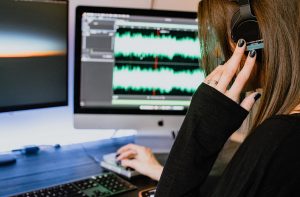 Other Side Hustles
Other Side Hustles
If you’re skilled at notation software or programs like Box5 or Pyware, consider engraving music for other music educators or writing drills for competitive marching bands. Similarly, offering your proofreading is a great way to put your skills to new use; this could be proofreading scores or proofreading texts about music.
Teachers Pay Teachers (TPT) is an online site with teaching resources and lesson plans. While I have only personally bought from TPT, you can upload your own plans and sell them to other music educators.
Find Your Next Side Gig
In my experience, having a degree in music education sets you up for lots of relevant side hustles that can help generate some extra spending cash. You don’t have to take a night-shift job if you don’t want to. Side gigs can ensure that you really make it “all about music” for your work. Just make sure to check with an accountant or tax professional for any questions you may have about taxes.











